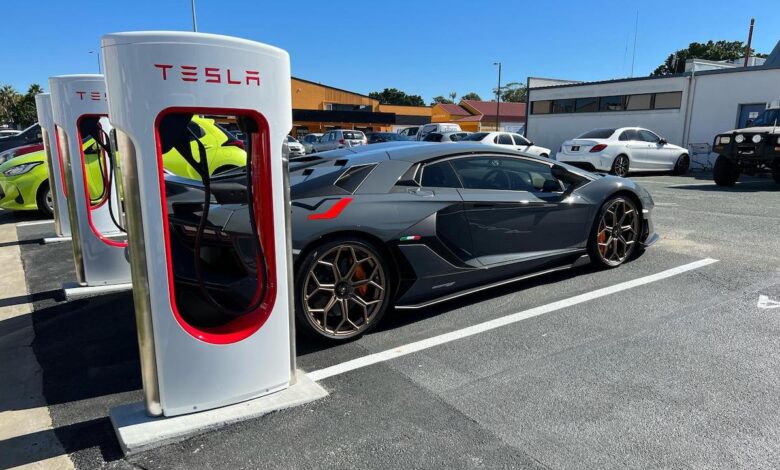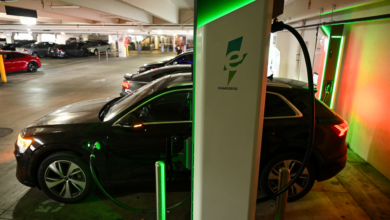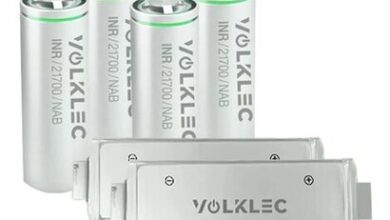Drivers hit with heavy fines for ICE-ing electric vehicle charging bays

Drivers in one state have been issued almost $60,000 in fines for incorrectly parking in electric vehicle charging bays after penalties were introduced in most parts of Australia.
However, several state and territory governments and local councils have yet to financially penalise drivers for unfairly blocking the infrastructure, in a move experts said could disadvantage some drivers.
The news comes weeks after South Australia became the seventh state or territory to introduce fines for the act known as ICE-ing, or parking an internal combustion engine vehicle in a space designed to charge an electric car.
Fines also apply to electric car drivers who use the bays without recharging their vehicle.
Rules against the acts have been introduced in NSW, Victoria, Queensland, Tasmania, the ACT and NT, although only two governments revealed the extent of fines issued when asked by AAP.
A Transport for NSW spokeswoman said the state government had issued 466 fines for incorrectly parking vehicles in EV charging spaces between January 2023 and March 2024, with the penalties totalling $58,953.
“Drivers can stop in a charging bay for an electric-powered vehicle if the vehicle is an electric vehicle and it is connected to an electricity source,” she said.
“The fine for breaching this rule is $129.”
A spokeswoman for the ACT government revealed no fines had been issued for blocking EV chargers in “government-operated and patrolled car parks,” and representatives for government departments in Queensland, Victoria and Tasmania referred the question to local councils.
Spokespeople for the City of Melbourne and Brisbane City Council said neither organisations had issued fines as they did not have on-street electric car charging spaces.
Swinburne University of Technology future urban mobility professor Hussein Dia said vehicle-charging bays were still in high demand and low supply in Australia, making it even more important to ensure electric car drivers could access them when needed.
He said states, territories and cities with penalties in place should be clearly signposting the rules around charging bays and issuing infringements wherever necessary.
“Today, if we park in a no-stopping zone people expect to be fined and it is established knowledge that we need to be following these parking signs,” he said.
“(Penalties) should be issued everywhere, not only in NSW, because we have a large number of electric vehicles on roads now.”
Prof Dia said educating all drivers about electric car parking spaces was also important so they understood the consequences of occupying a charging bay.
The Electric Vehicle Council 2023 Industry Recap estimated Australia had more than 180,000 electric vehicles on roads at the end of last year, and 812 fast-charging locations.
NSW had the lion’s share of vehicle-charging stations, with 229, followed by Victoria (205), Queensland (151), and South Australia (85).



